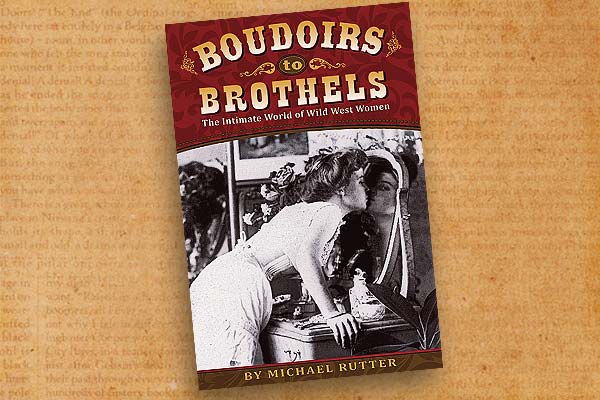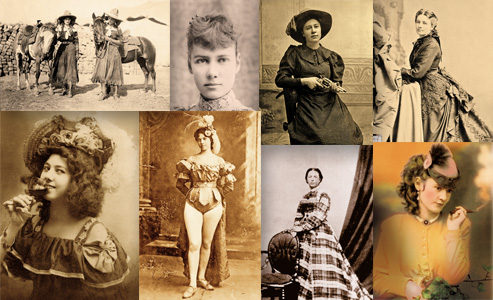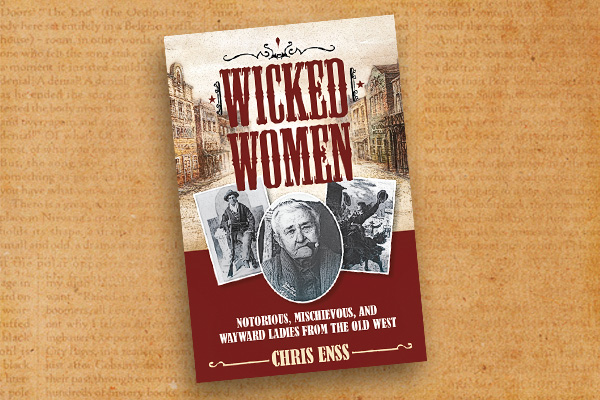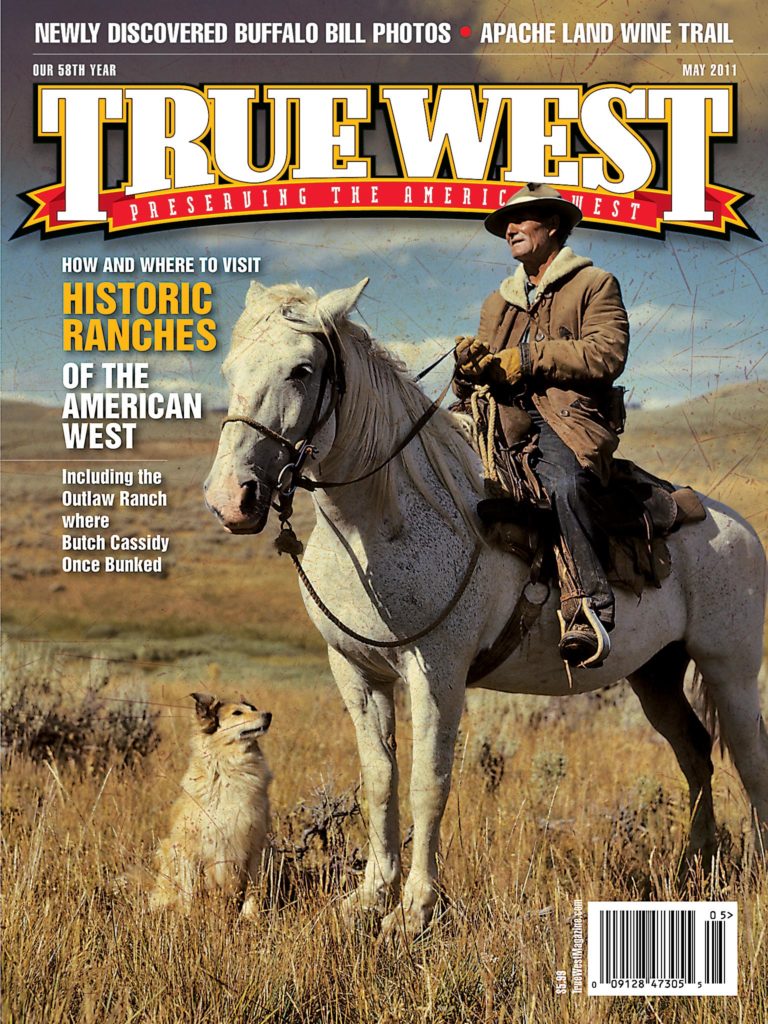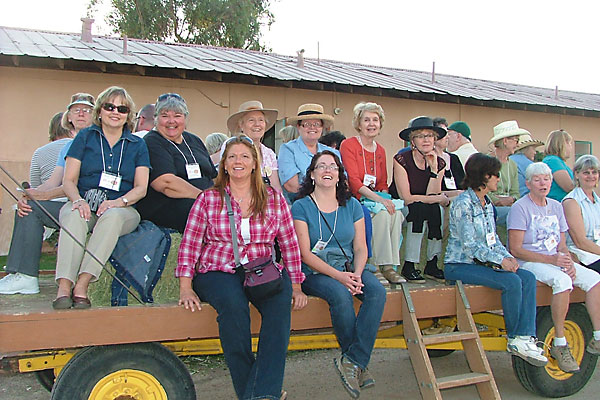 You could read 100 books on the American West and never hear the voice of a woman.
You could read 100 books on the American West and never hear the voice of a woman.
You hear the gunslingers and the sheriffs and the Indian chiefs, but women are mostly silent. Except, of course, for the “soiled doves,” often the only women who appear in a Western yarn.
In the mid-1980s, Sybil Downing and some other “old family” Western women created the group Women Writing the West—now more than 250 strong—to tell the complete story of the West, including the lives, accomplishments and struggles of its female citizens.
“Women had a tremendous impact in founding the West, but you don’t hear about that,” says Downing, from her home in Colorado, where her great grandfather was a U.S. Senator in the late 1800s. “We thought it would be interesting to look into women’s lives.” Then she laughs, because the work produced since then has given new insight into how and why the West has become what it is today.
The group touts the weight of its work on WomenWritingTheWest.org: “Today’s writers who set their work in the West are creating a literary explosion said to be comparable to the Southern literary renaissance in
the 1930s.”
“It’s like finding your tribe” is how award-winning Western author Jane Kirkpatrick describes the group.
When her first novel, A Sweetness to the Soul, won the Wrangler Award in 1996 from the National Cowboy & Western Heritage Museum in Oklahoma City, she didn’t even know what the award was all about. But among the first calls of congratulations were from Sybil Downing and Irene Bennett Brown, another Women Writing the West leader. Kirkpatrick was so touched by the instant response from women she didn’t even know. “Here were people who understood the need for a cheering section and interaction for new writers, and I thought, ‘I have to join this group because they’re my kind of people.’”
Her newest and 20th book, The Daughter’s Walk, is a direct result of Women Writing the West. Kirkpatrick admired Bold Spirit, by another member Linda L. Hunt, the true story of a mother and daughter who took a wager in 1896 to walk from Spokane, Washington, to New York to win an astonishing $10,000. “There was a footnote in the book that, after they got back, the daughter changed her name and separated from her family for 20 years,” she says, “I thought, ‘I wonder what happened to her.’”
Women Writing the West shares the collective knowledge these writers have gathered from years of research. For instance, one member has put together a thesaurus on when words came into use; members can e-mail a question—when does this plant bloom, or what was the coffee used in 1870—and will get back an answer.
Each year the group—including publishers, editors and agents—sponsors the WILLA Awards, named in honor of Willa Cather (1873-1947), one of the early Western writers who are like grandmothers to the members. The awards for 2010 included: Kirkpatrick’s A Flickering Light; Sandi Ault’s Wild Sorrow; Linda Hasselstrom’s No Place Like Home: Notes from a Western Life; Linda Gordon’s Dorothea Lange: A Life Beyond Limits; Kim Wiese’s My Name is Falon: One Woman’s Saga from Scotland to the Texas Frontier; Jeanetta Calhoun Mish’s poetry Work is Love Made Visible; and Randall Platt’s children’s book Hellie Jondoe.
Kirkpatrick says she knows the group is hitting its mark: She got a letter from a man who admitted he “never read women’s books,” but his wife had given him Jane’s A Name of Her Own, about her grandmother. “He told me he realized how much he’d missed by not reading books through the eyes of women and said the book made him see how much his wife did every day to shape the lives of their children. He said by reading the book, he felt he’d be a better father, a better husband and a better man. I still get chills over that letter.”


